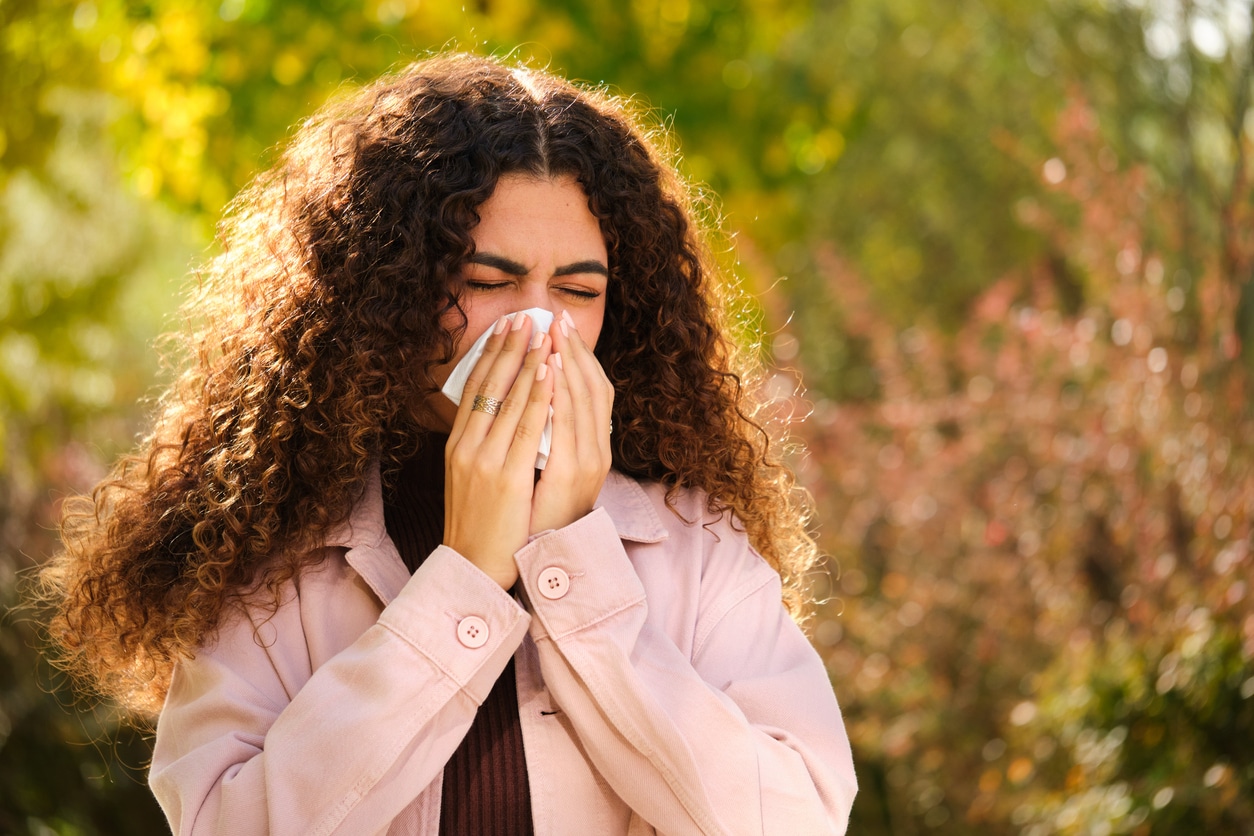Spring brings warmer weather, blooming flowers and longer days, and it can also bring ear infections. Changes in the environment and activities you participate in can all contribute to ear issues. Here are some of the most common springtime causes of ear infections and how to reduce your risk.
Seasonal Allergies

Springtime often triggers environmental allergies as pollen from blooming trees, grass and flowers fill the air in areas like City Centre Park. Allergies can cause inflammation and congestion in the nasal passages and Eustachian tubes, which connect the middle ear to the throat. When these tubes become blocked, fluid can become infected, resulting in an ear infection.
How to Reduce Your Risk:
- Take antihistamines or decongestants if recommended by your doctor
- Keep windows closed during high-pollen days
- Use air purifiers to reduce indoor allergens
Increased Moisture from Swimming and Humidity
As temperatures rise, more people spend time in bodies of water. Water that gets trapped in the ear canal can lead to an infection known as swimmer’s ear. Additionally, higher humidity levels in spring can encourage bacterial and fungal growth inside the ear.
How to Reduce Your Risk
- Dry your ears thoroughly after swimming or showering
- Wear earplugs while swimming
- Avoid inserting objects like cotton swabs, which can push bacteria and earwax deeper into the ear and potentially damage the eardrum
Springtime Colds and Respiratory Infections
Colds and sinus infections are common in spring due to fluctuating temperatures and a rise in people congregating in areas. These infections can cause congestion and inflammation that block the Eustachian tubes, also leading to fluid buildup and increased risk of ear infections.
How to Reduce Your Risk
- Wash your hands frequently to prevent the spread of germs
- Stay hydrated to keep mucus membranes healthy
- Treat colds promptly to prevent complications
In addition to seasonal factors, several other causes can contribute to ear infections, including:
- Exposure to secondhand smoke
- Poor ear hygiene
- Frequent use of headphones or earbuds
- Structural issues like narrow Eustachian tubes
- Weakened immune system
By taking preventive steps, you can reduce your risk of ear infection and enjoy the season without discomfort. If you experience persistent ear pain, hearing loss or drainage, consult a specialist for evaluation and treatment.
To schedule an appointment, contact Midwest ENT Centre today.